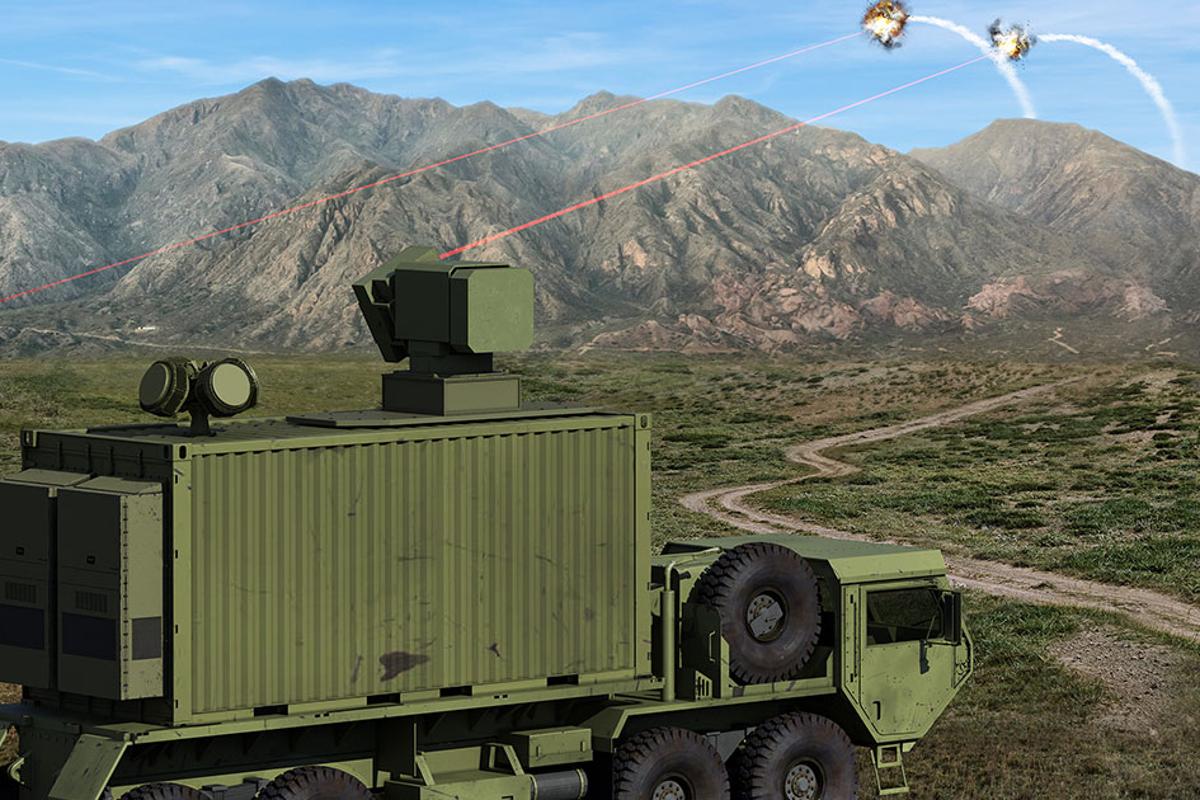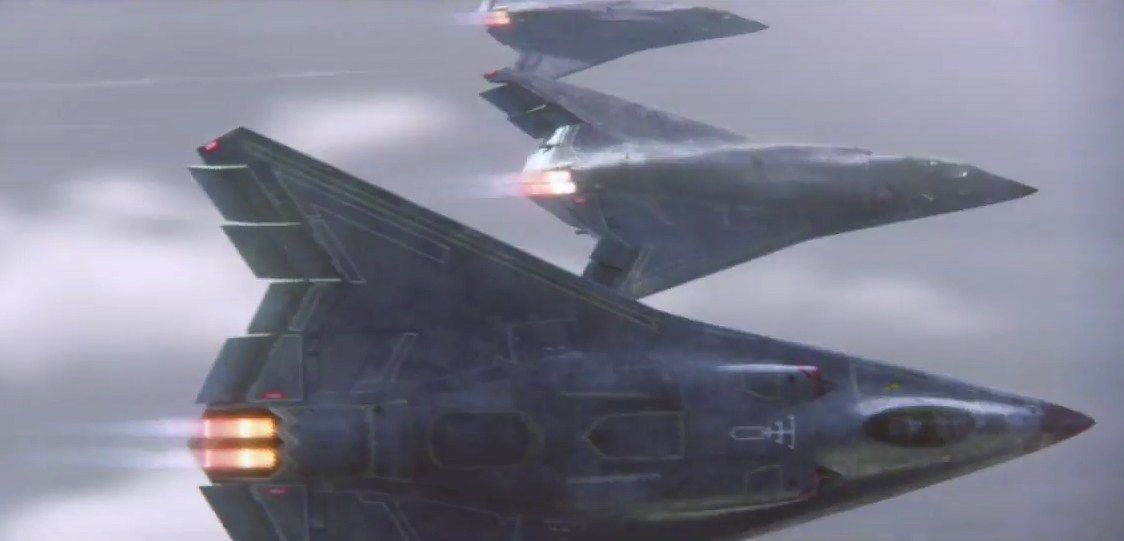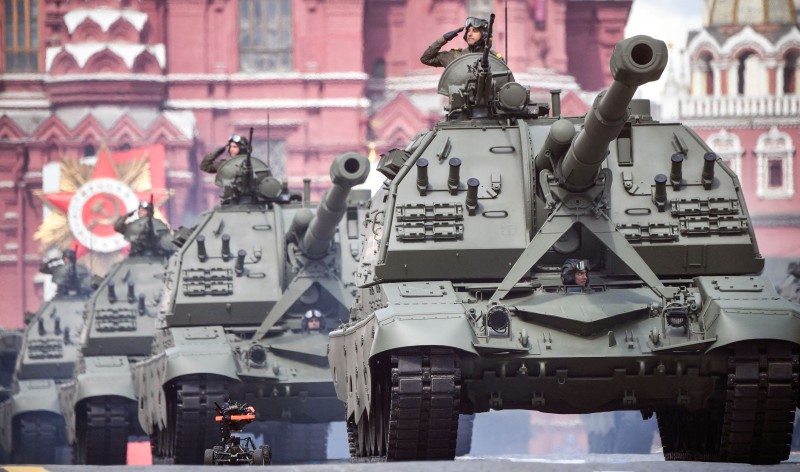
Several Japanese submarines are currently in service with the Japanese Maritime Self Defense Force. These include the Soryu-class, diesel-electric attack submarines, and the Taigei class nuclear-powered attack submarines. The JMSDF has yet to announce how many of each type it will purchase.
Kawasaki Heavy Industries
Kawasaki Heavy Industries' rich history includes the manufacture of submarines as well as other naval vessels. In the 1870s, it was a shipbuilding firm. Later, it expanded into other fields. It was producing supertankers as well as airplanes and railway equipment by the end of World War I. In the aftermath of World War II, the company began making containerships for Chinese Navy.

Japan's Maritime Self Defense Force is increasing its submarine fleet and aims to develop stealth submarines in an effort to keep China from acquiring a powerful undersea fleet. It will be built over five years and is expected to enter service in 2031. The lead submarine, SS-510 Shoryu, is expected to cost 76 billion yen and be used for development and testing.
Japanese Maritime Self-Defense Force
Submarines are used regularly by the Japanese Maritime Self-Defense Force. These subs are tasked with coastal surveillance and defense duties. The MSDF must be able to deploy at least 2 submarines in each of Japan’s three sea straits. This means maintaining six divisions with a total of sixteen submarines.
The Japanese Maritime Self-Defense Force submarine fleet consists of submarines and mine sweepers. The fleet is commanded by the chief of the maritime staff. It can move approximately 624,000 tonnes.
Nuclear-powered attack submarine of the Taigei-class class
Japan's latest nuclear-powered attack submarine is the Taigei-class nuclear sub. It can carry 70 crew members and measures 84m long, 9.1m beam and 10.4m depth. Its displacement is approximately the same as the Soryu class SSKs. The compartments are separated for women, so up to six females can live onboard.

Although the hull design of the Taigei submarine is identical to that of the Sry submarine, it is significantly heavier. It can travel further and faster because of this. It is also equipped upgraded equipment including upgraded sonar systems and snorkel power generation. The Taigei Class also plans on using lithium-ion batteries as its propulsion system.